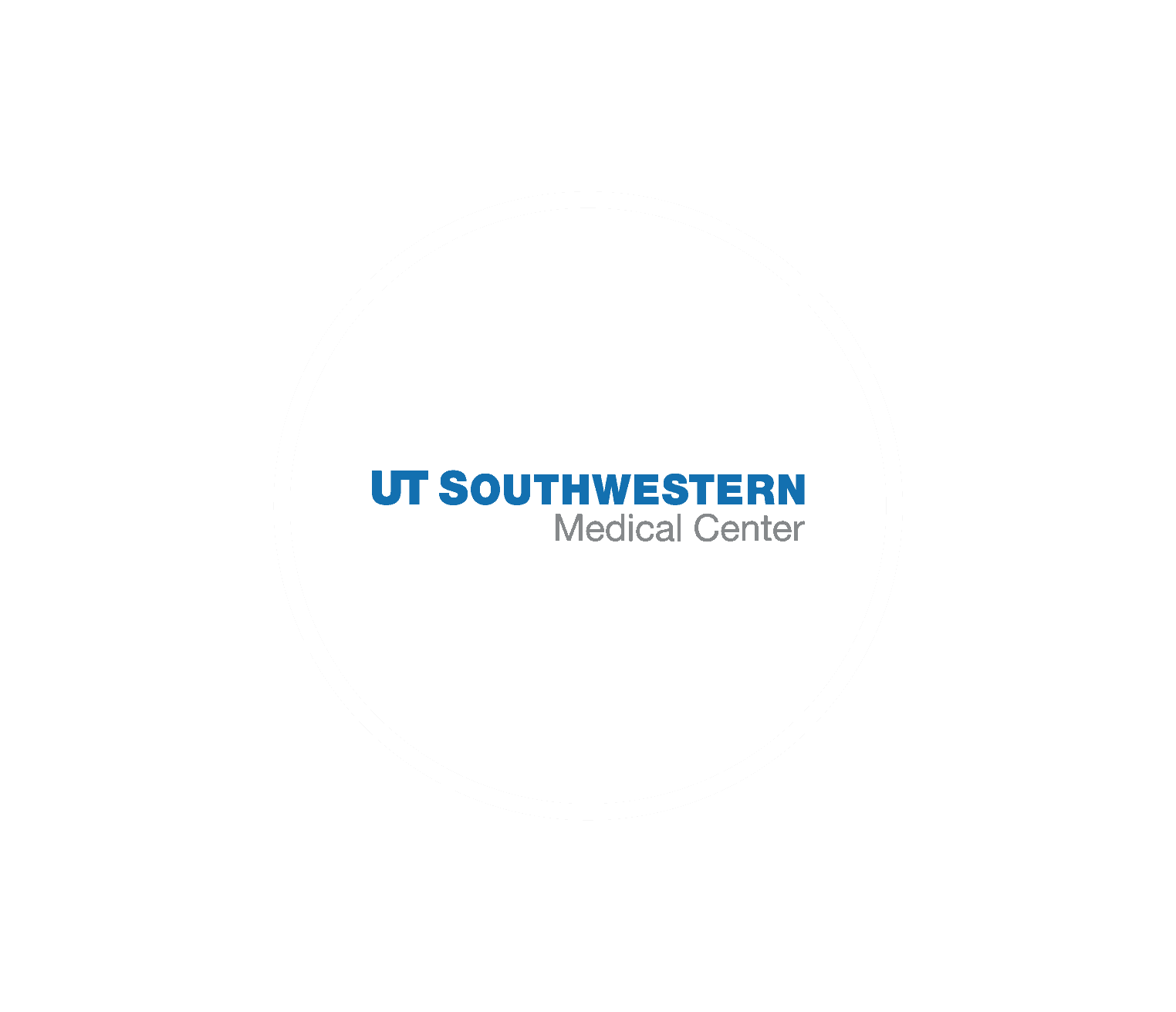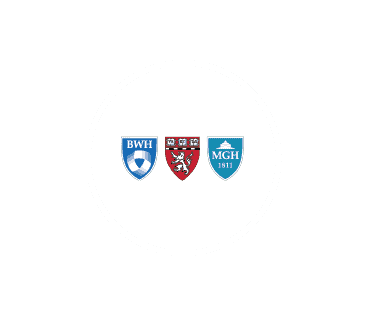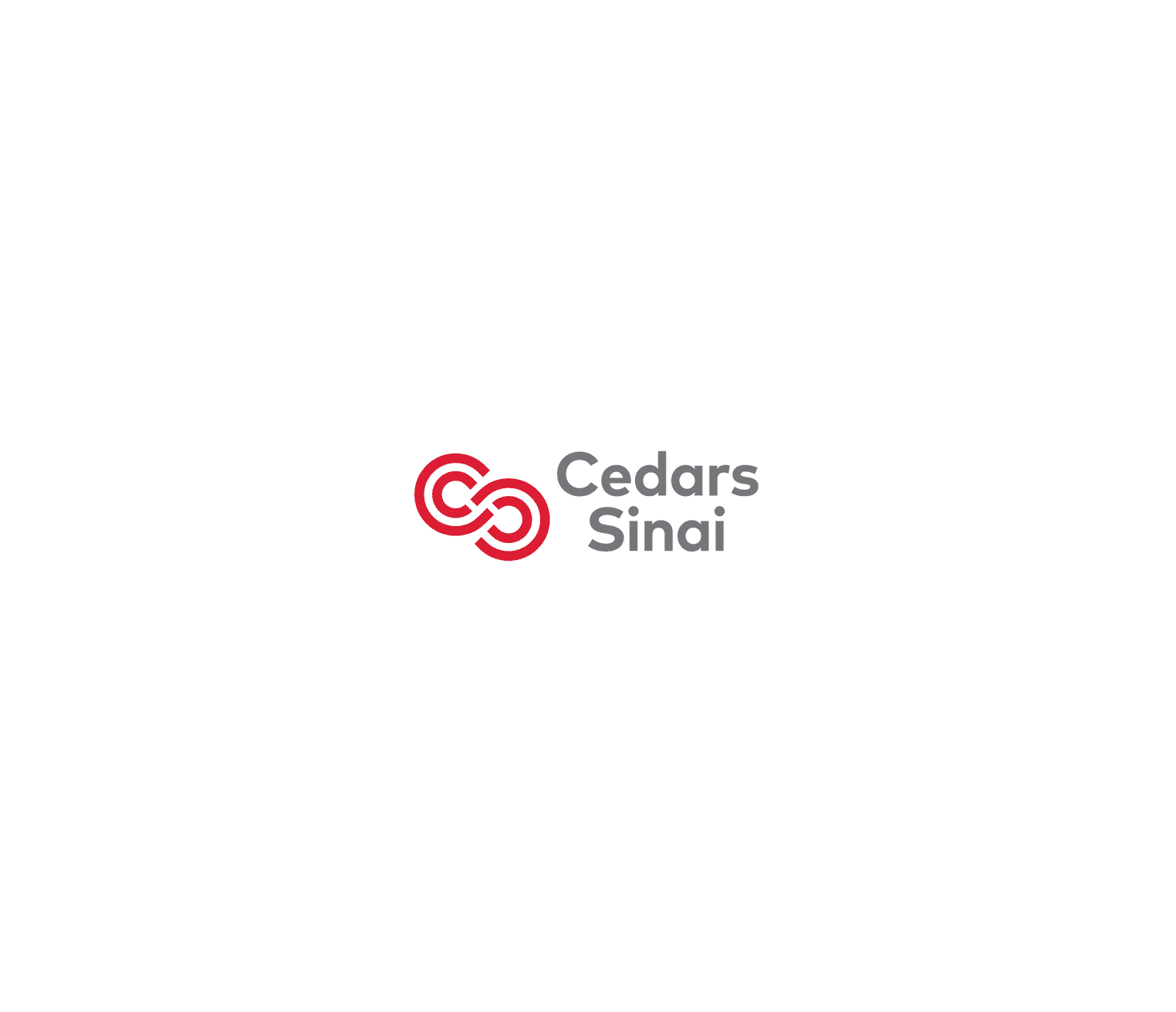Meet the Current Centers of Excellence
Johns Hopkins Myelopathy and Myelitis Center
Baltimore, Maryland
Carlos Pardo-Villamizar, MD
Kennedy Krieger Institute, International Center for Spinal Cord Injury
Baltimore, Maryland
Cristina Sadowsky, MD
University of Texas Southwestern Medical Center
Dallas, Texas
Benjamin Greenberg, MD, MHS
Children’s Medical Center
Dallas, Texas
Benjamin Greenberg, MD, MHS
The Children’s Hospital of Philadelphia
Philadelphia, Pennsylvania
Sarah Hopkins, MD, MSPH, Sona Narula, MD, and Amy Waldman, MD
University of Utah
Salt Lake City, Utah
Stacey L. Clardy, MD, PhD
Massachusetts General Hospital
Boston, Massachusetts
Michael Levy, MD, PhD
Children’s Hospital Colorado/University of Colorado
Aurora, Colorado
Teri Schreiner, MD, MPH
Antwerp University Hospital
Edegem, Belgium
Barbara Willekens, MD, PhD
Boston Children’s Hospital
Boston, Massachusetts
Leslie Benson, MD, Mark Gorman, MD, Coral Stredny, MD, and Margaret Wilson-Murphy, MD
Emory University School of Medicine
Atlanta, Georgia
Grace Gombolay, MD and Varun Kannan, MD
Children’s Healthcare of Atlanta
Atlanta, Georgia
Grace Gombolay, MD and Varun Kannan, MD
Atrium Health
Charlotte, North Carolina
Donna Graves, MD
University of California San Diego
San Diego, California
Jennifer Graves, MD, PhD
Cedars-Sinai Medical Center
Los Angeles, California
Paula Barreras, MD
University of Washington Medicine
Seattle, Washington
Shuvro Roy, MD, Yujie Wang, MD, and Catherine Otten, MD
Nationwide Children’s Hospital
Columbus, Ohio
Kelsey Poisson, MD
Visiting a Center of Excellence
- Expert Care: CERNDs are led by specialists who are at the forefront of research and treatment for rare neuroimmune disorders. They have the experience and knowledge to offer accurate diagnoses and evidence-based treatment plans.
- Comprehensive Services: Centers within the CERND network provide coordinated care for all aspects of a rare neuroimmune diagnosis. CERNDs offer treatment from initial diagnosis through long-term treatment and symptom management.
- Research: CERNDs are involved in conducting research aimed at discovering new treatments and improving patient outcomes. By participating in clinical trials and studies, those diagnosed can benefit from the latest advancements and potentially contribute to breakthrough discoveries.
Becoming a Center of Excellence
SRNA’s goal is to establish additional Centers of Excellence focused on providing clinical care, advancing research to better understand rare neuroimmune disorders and developing more effective acute therapies and symptom management strategies. It is our intent to partner with the clinicians at the Centers of Excellence and support through funding (when available through Board approval) for innovative, promising research ideas.
If you have any questions about the preparation of your application, please contact Krissy Dilger.
CERND Funding RFP
The objective of this RFP is to support designated centers with funding of up to $7,500 for promising clinical, education, and research ideas.




















